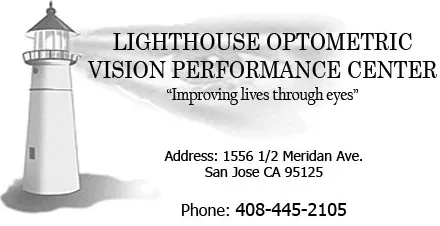
An eye condition affecting roughly 50 percent of individuals who need glasses, hyperopia (commonly called farsightedness) is characterized by difficulty focusing on nearby objects while being able to see objects at a distance properly. Hyperopia occurs when your eyeball is too short or when your cornea is flatter or less round than normal. This causes light entering the eye to come to focus at a spot located behind the retina, rather than being properly focused at the retina (the back of the eye where photoreceptor cells are located).
Hyperopia Symptoms
Farsighted individuals experience difficulty maintaining concentration or focus on close objects. If you have hyperopia, you may unknowingly exert extra effort to bring images of close objects into focus. This additional effort leads to eye strain, headaches, and sometimes fatigue after periods of going work such as reading or writing.
Hyperopia Diagnosis
Farsightedness in children often goes undiagnosed during eye exams performed at school because these children can easily read the letters on an eye chart. Children are usually diagnosed with farsightedness after complaining of headaches or experiencing difficulties with tasks in school such as reading. An eye care professional diagnoses hyperopia in patients of all ages with a comprehensive eye exam.
Hyperopia Treatments
Depending on the severity of hyperopia, farsightedness can be treated in several ways or, in extremely mild instances, might require no treatment at all. Most cases of hyperopia are treated with corrective lenses (either glasses or contacts), which adjust the way light is bent when entering the eye, allowing it to focus at the retina.
Most farsighted individuals adjust well to wearing glasses or contact lenses. As an alternative, corrective surgeries such as LASIK or conductive keratoplasty have been developed to provide permanent treatment solutions, eliminating or reducing the need to wear corrective lenses. After a comprehensive eye exam, an eye care professional will help patients with hyperopia decide which treatment options are right for them.
